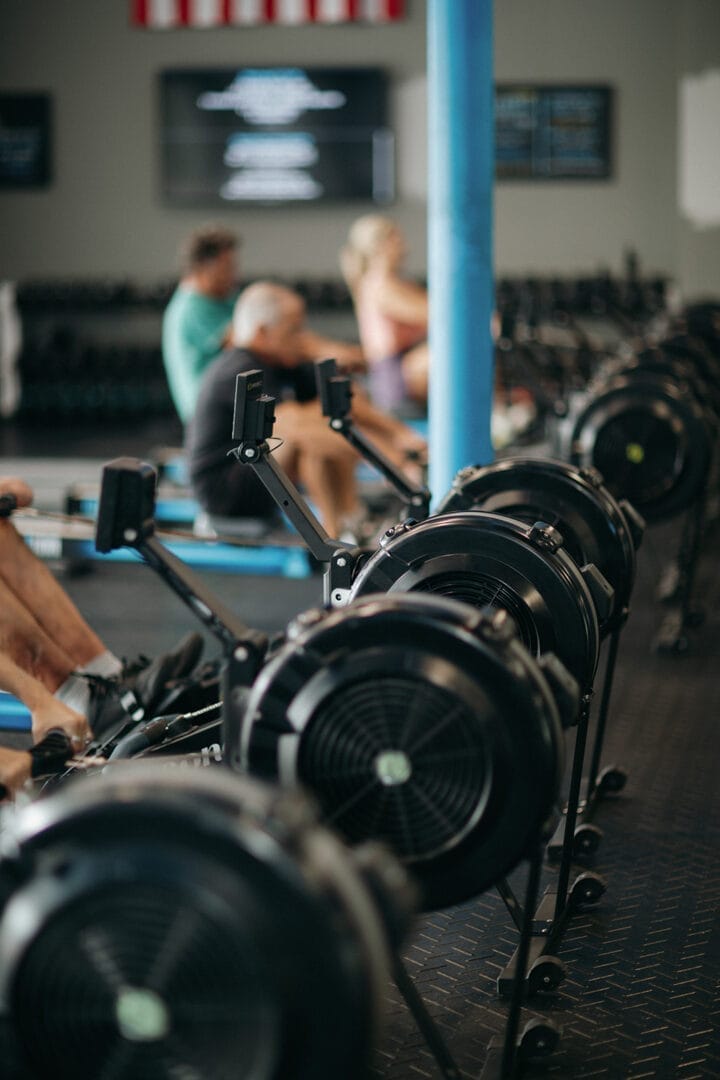In the last article, we talk about G.A.S and how properly managed stress leads to adaptation. We also touch on how if you have too much stress without the proper recovery it can lead to exhaustion.
We want to avoid exhaustion in training whenever possible. Prolonged time in this state can cause strength to stagnate or even decline. Worst, it can lead a breakdown or injury.
So how do we know if we’re overtraining? Here are a few ways people have found over the years.
HRV – heart-rate variability
HRV is a measure of the time gap between individual heart beats while your body is at rest. The heart speeds up when you inhale, and slows down when you exhale. This difference is known as HRV. A healthy, well-rested body will produce a larger gap, and higher HRV than a stressed-out, overtrained body. I use the ithlete app with a Polar H7 monitor.
Resting Heart Rate
As soon as you wake up in the morning, find your pulse. Using a watch, count the number of times your heart beats in 20 seconds. Multiply this number by three and you have your resting heart rate (RHR) in beats per minute (bpm). Record this for a few weeks to find a baseline average number.
Now after three to four weeks or so of regular activity check your resting morning heart rate in the two or three days after a hard workout. If the number has significantly elevated from its normal average (7 or more beats per minute), that’s a sign that you haven’t fully recovered from the workout. Remember, there is going to be some variability in your daily heart rate regardless of your recovery level, don’t be concerned if you’re 3 to 4 bpm over your normal average on a given day.

Smiley faces.
Yup. Perhaps the simplest most useful measure of how you’re recovering is how you feel. Keep a notebook by your bedside. As soon as you wake, draw a ‘smiley face’ that best suits your current mood. If you consistently find yourself creating one’s and two’s (see above) it’s time to back off the workload and focus on the subject of our next article.
Next up: Enhanced recovery.
Skip to content

Fill out the form to get started
Take the first step towards getting the results that you want!

